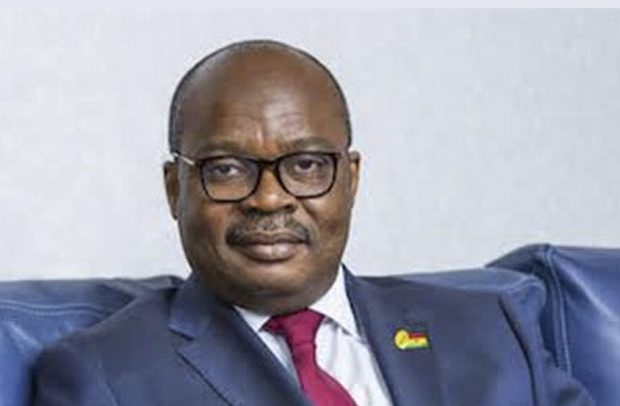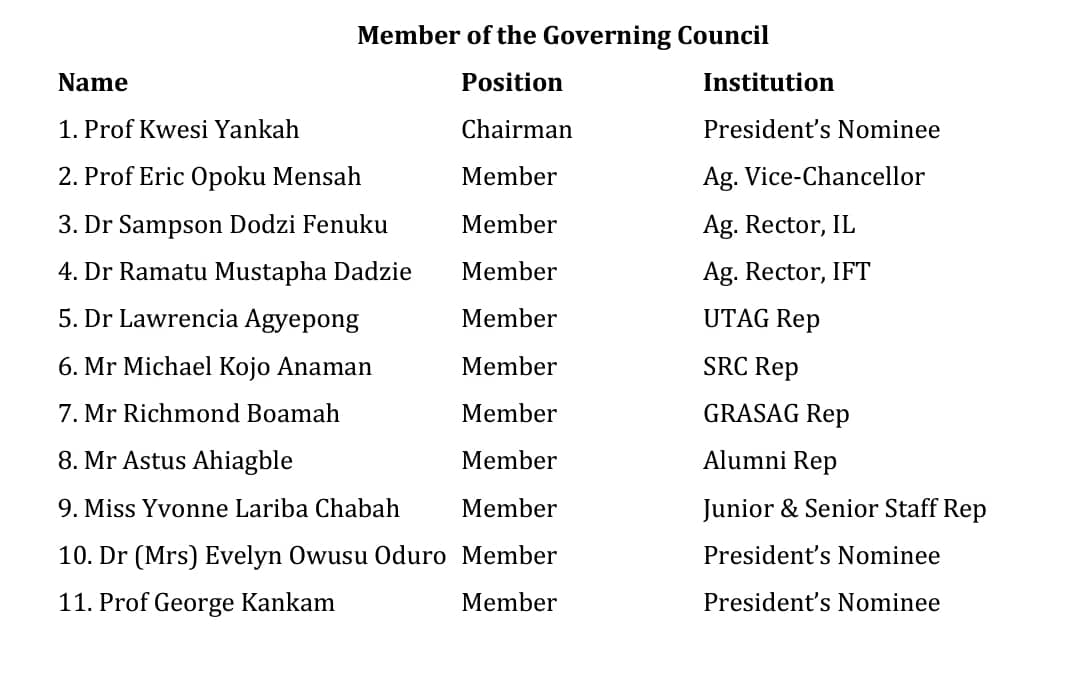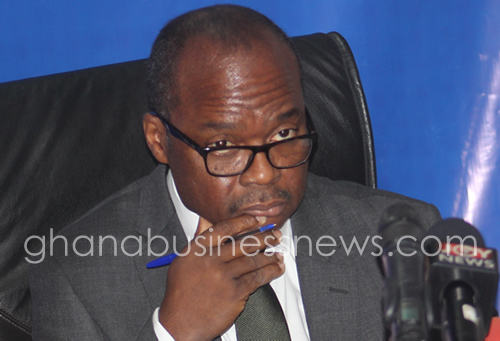
The Ghana Association of Banks (GAB) governing council met with the newly appointed Governor of the Bank of Ghana (BoG) to discuss pressing issues affecting the banking sector.
The meeting opened with congratulatory remarks from GAB members, who emphasized the need for stronger collaboration and open dialogue between banks and the regulator to foster trust and consensus-building on key financial policies.
One of the major concerns raised was the urgent need to amend the current Cash Reserve Ratio (CRR) regime, which banks argued is limiting financial intermediation and increasing the cost of banking.
The Governor assured members that he recognizes the impact of the CRR and intends to review it critically. However, he noted that any adjustment must be phased to avoid unintended economic consequences. He welcomed industry insights on how to minimize risks associated with liquidity releases, mentioning that even the IMF supports a review.
The discussion also touched on the country’s credit rating challenges and their effect on correspondent banking relationships. GAB members called for an upward revision of Nostro and affiliate exposure limits to ease constraints on international transactions. The Governor acknowledged the practical difficulties banks face in securing new correspondent banking relationships and committed to assessing the situation further.
The growing influence of Money Transfer Operators (MTOs) and Fintechs in the remittance business was another critical issue. Banks highlighted concerns over regulatory gaps that could lead to foreign exchange (FX) losses for the country. In response, the Governor referenced an ongoing BoG review of MTO operations and urged banks to cooperate in streamlining the sector for greater transparency.
GAB also raised concerns about the upcoming expiration of the special dispensation on restructured Cocoa Bonds under the Domestic Debt Exchange Programme (DDEP) in April 2025. Banks stressed that continued market illiquidity and COCOBOD’s financial position make it difficult to sell down these bonds. The Governor responded positively, indicating his willingness to extend the dispensation to support affected banks.
The conversation expanded to broader financial sector development, including a push for deeper FX liquidity in the interbank market. Banks called for an end to the mandatory sale of FX proceeds from mining and oil companies to BoG, arguing that allowing these proceeds to flow through the banking system would improve FX price discovery. The Governor acknowledged the importance of FX market efficiency and indicated a willingness to engage further on the matter.
Agriculture financing was also a key topic, with the Governor seeking banks’ views on the effectiveness of GIRSAL in de-risking agricultural lending. Bank executives responded positively and expressed support for scaling up initiatives to enhance lending to the sector. The Governor reaffirmed his commitment to doubling agricultural financing and assisting GIRSAL in raising additional guarantee funds. He called on GAB to lead stakeholder engagements to improve and de-risk select agricultural value chains.
The meeting also explored ways to address rising Non-Performing Loans (NPLs), with the Governor emphasizing the role fiscal policy can play in reducing inflation and interest rates. Another critical issue raised was the possibility of revising the universal banking licence regime by introducing more flexibility in capital requirements and exploring a tiered banking system, including Islamic banking as part of the review.
On regional trade, the Governor stressed the importance of settling transactions with major African trading partners in local currencies rather than defaulting to the US dollar, which puts pressure on the cedi. He specifically mentioned Nigeria and South Africa as key trade partners with whom local currency settlements could be explored and encouraged regional banks to facilitate intra-African trade.
The meeting concluded with remarks from bank MDs and the Governor, emphasizing a shared commitment to continuous engagement on these critical issues.
The post GAB Governing Council engages BoG Governor on key sectoral issues appeared first on The Business & Financial Times.
Read Full Story






















Facebook
Twitter
Pinterest
Instagram
Google+
YouTube
LinkedIn
RSS